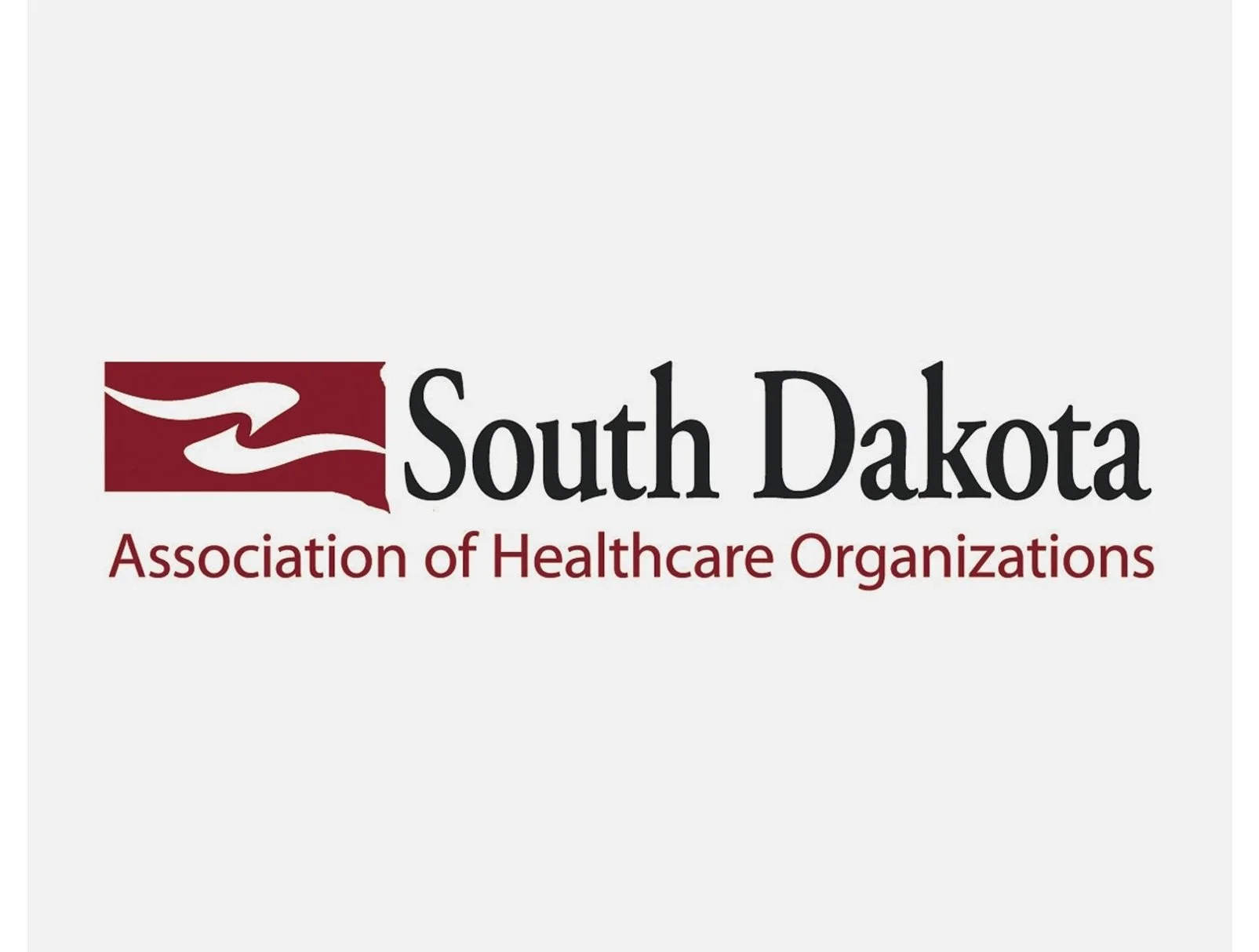Living a Legacy on the Great Plains, Svien Senne, DO
By Alex Strauss
Svien Senne, DO, has a special place in his heart for grandparents. Not only is the Vermillion native descended from a long line of prominent healthcare providers in the region, but, as a Pulmonologist and Critical Care specialist at Prairie Lakes Healthcare System, he's also spent much of the last year-and-a-half trying to make it safe for others to spend time with their own aging relatives again.
"I'm trying to navigate us through this pandemic so that we can all hang out with our grandparents again," says Dr. Senne.
During the pandemic, Dr. Senne has been a key player in Prairie Lakes' response, not only as it relates to the care of their own patients but also as a public health information leader for the region.
"This is what our health system needed to be and I am proud of the way they have fulfilled that role," says Senne. Senne himself has done multiple interviews with local media outlets to encourage masking, vaccination, and other safety practices. He's also worked to arm primary care providers with information they need to help get their own patients vaccinated.
"I challenge people when they cite misinformation," he says. "And it can be hard to challenge your neighbors."
But that willingness to both challenge and care for his neighbors is something Dr. Senne comes by naturally. Senne is a descendant of Dr. Eliza Goebel-Linboe, a woman who challenged both convention and a world full of naysayers to be one of the first female physicians on the Great Plains.
Born in Norway in 1833, Eliza earned her medical degree at a Norwegian medical school. After her first husband died, she immigrated to North Dakota with her young song, Otoul Klaranius "O.K." Linboe and set up what became a large and thriving medical practice.
"She was quite a controversial figure at the time," says Dr. Senne. "People sometimes called her a midwife but she was very proud of the fact that she had a medical degree."
She was also tough. Married three times, Eliza even miraculously survived being shot in Fargo in 1886 (possibly for being progressive in the women's health field or possibly for being herself) and lived another 26 years. Following in his mother's footsteps, O.K. Linboe graduated from Rush Medical College in Chicago and returned to his home area. He practiced and ran a tuberculosis sanatorium in Granite Falls, Minnesota.
"Dr. O.K. Linboe was really the first pulmonologist in the family before there were specialists," says Dr. Senne.
Although medicine was in his blood, pulmonology was not Dr. Senne's first career choice. He spent time as an EMT prior to medical school ("That was a really hard way of making $12 an hour!," he says.) and then settled on Critical Care.
"I have some ADHD and I get bored easily. Critical Care kept me engaged," says Senne who earned his medical degree at Lake Erie College of Osteopathic Medicine. "But, the more I did it, the more I realized it's not exactly sustainable so that's when I decided to combine it with pulmonology for a full breadth practice. This way, I get to see patients in the hospital, do floor consults, and do procedures."
Dr. Senne completed his residency training in internal medicine and a fellowship in pulmonary and critical care medicine at the University of Nebraska Medical Center. He moved to Watertown and joined Prairie Lakes in 2019...just in time to help lead the medical community through one of its darkest periods.
"This has been very trying," says Dr. Senne. "We have had lots of sick people, lots of ups and downs, lots of trying to convince people to take appropriate precautions and feeling like you are not winning most of the time."
"You don't become a nurse or respiratory therapist or doctor to deal with something like this," he adds. "No one signed up for this."
Dr. Senne says the pandemic presented three major challenges for him: The challenge of getting people to take care of themselves, the challenge of keeping spirits up among his colleagues at the hospital, and the challenge of taking care of his own physical and mental health and that of his young family.
"It grinds on a person after a while," he says. "You really have to watch out for that and make sure you are tending to your own needs, too."
As the number of COVID-19 cases stabilizes across the region, Senne says the next challenge will be learning how to navigate a world in which the virus is always present.
"This is going to be endemic," says Senne. "We are not going to get rid of it. Society has to determine how much death and debility can we tolerate? What is the risk/benefit ratio here and what is the end game? I can't answer that. I'm tasked to save every life I can. But I hope we can get to a spot where we can be smart about this and do everything we can to keep people from getting sick."
After months of stress, anxiety, and worry, Senne hopes that COVID-19 will soon recede into the background of the wider picture of modern healthcare.
"I look forward to a long and boring career after this," he says.











